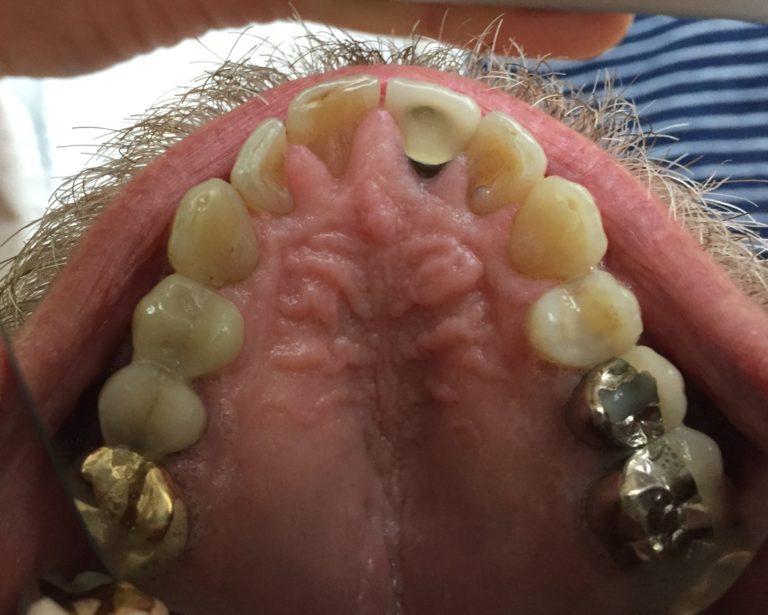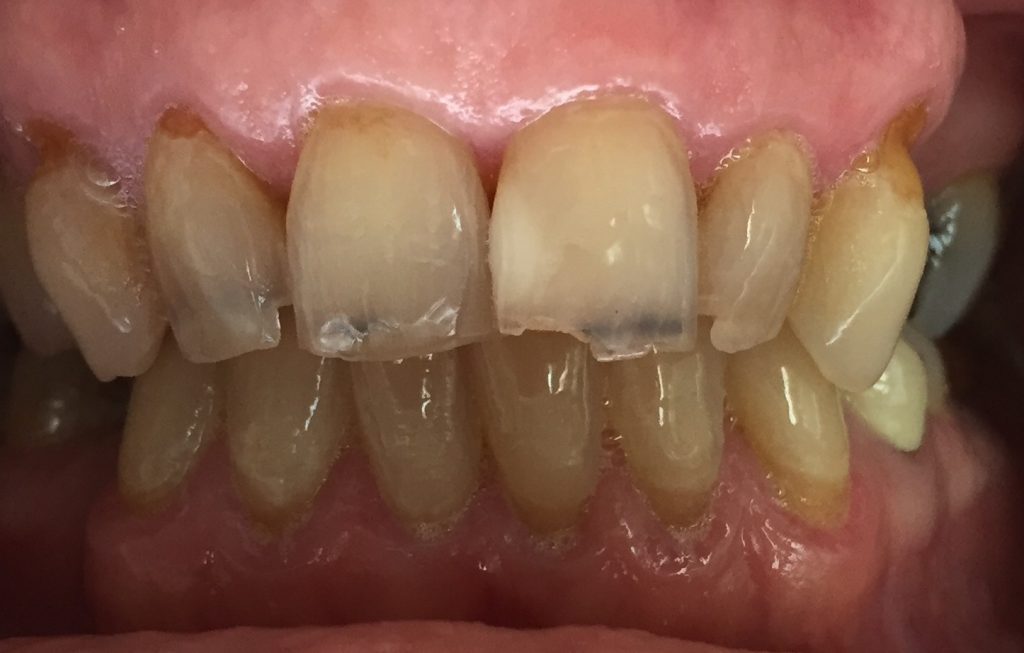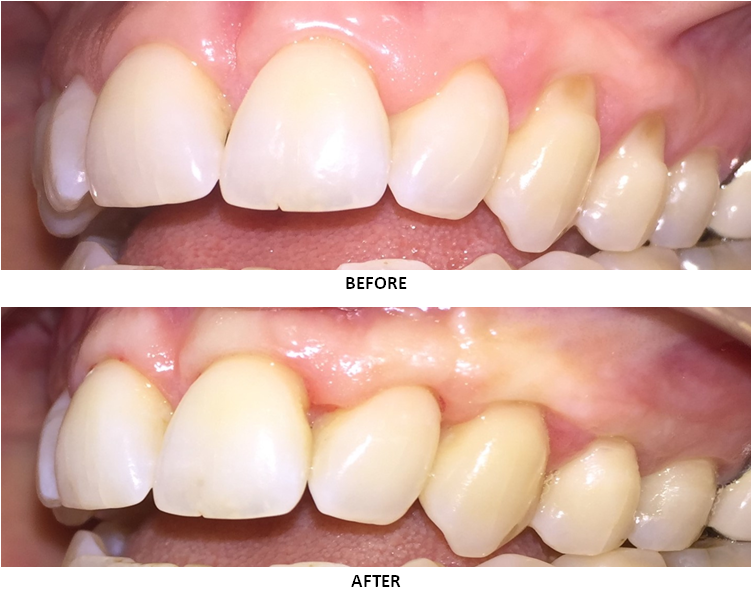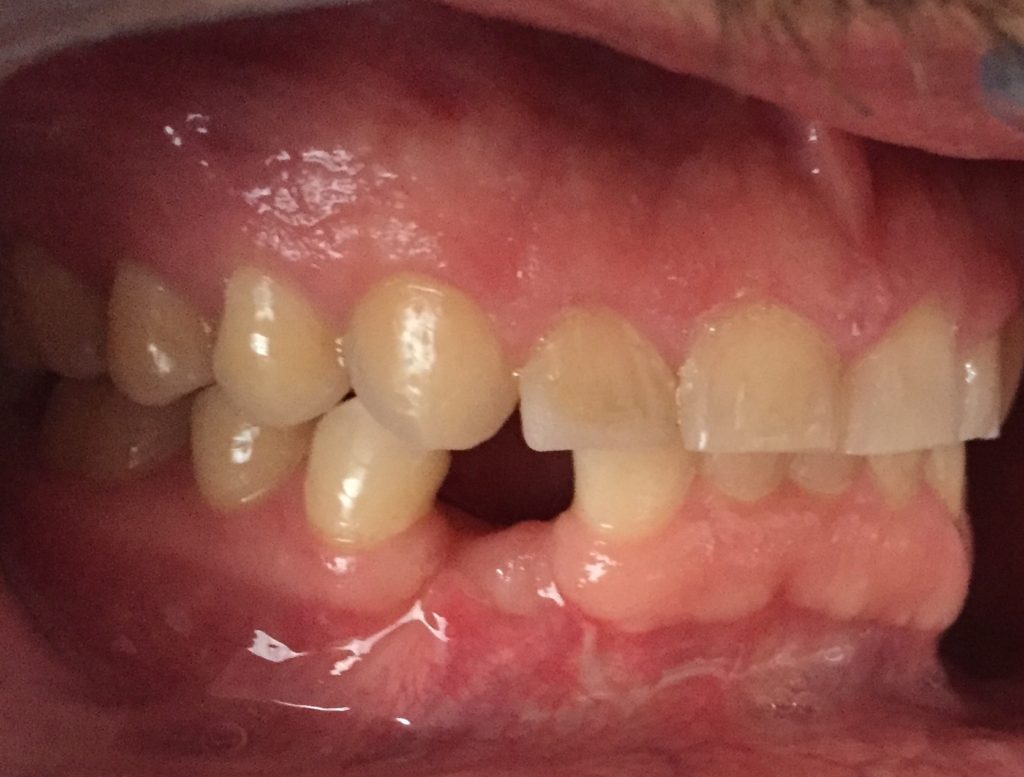5 Signs You Need To See A Dentist

Regular Dental Visits: Your First Line of Defense
Don’t Skip the Dentist
Thinking it’s unnecessary to have a regular dentist might seem logical until you realize the foundation of dental health is prevention and maintenance. Waiting for pain or discomfort before visiting a dentist is like waiting for your car to break down before servicing it. Regular check-ups and a trusted dental team are crucial for maintaining oral health. Despite our best efforts, cavities can still occur due to genetics, tooth anatomy, or difficult-to-clean areas. Catching these issues early, when they’re small and painless, saves time and money.
The Misconception About Crowned Teeth
Crowns and Bridges Aren’t Invincible
A common myth is that crowns or bridges render your teeth “fake” and immune to cavities. This isn’t true. The natural tooth structure remains beneath the crown or bridge, still vulnerable to decay and periodontal disease. Care for these teeth as you would your natural teeth—brush, floss, and don’t neglect regular dental visits to prevent problems before they start.
Dealing with Bad Breath
It’s More Than Just Unpleasant
Persistent bad breath often points to underlying issues like bacteria buildup, plaque, or periodontal disease. It’s not just the surface plaque that smells; deeper problems could be at play. Regular dental cleanings and reevaluating your oral hygiene routine can combat bad breath. Neglecting this can lead to more severe issues such as bone loss or tooth decay.
Aches and Pains in the Mouth
Don’t Ignore Ongoing Discomfort
Ongoing aches in your mouth, gums, or jaw signal something’s wrong. Nighttime teeth grinding, large cavities, or something as simple as a popcorn husk stuck under your gums can cause significant discomfort. Visiting a dentist promptly can prevent the situation from worsening.
Sharp Pain Triggers
Address Pain Early
Experiencing sharp pain from specific actions is a clear sign of dental issues, such as fractures or gum recession. Early dental intervention can prevent these problems from escalating. Delaying treatment only leads to more complex issues.
Major Health Changes and Dental Health
Your Overall Health Affects Your Mouth
Major health changes, like pregnancy or starting new medications, can significantly impact dental health. Conditions like uncontrolled diabetes or Sjogren’s Syndrome necessitate extra dental care. Discuss any health changes with your dentist to tailor your dental care routine accordingly.
Blood Pressure Medication and Oral Health

Let’s explore a common issue some patients face: gum overgrowth. This often happens to individuals taking a specific type of blood pressure medication known as calcium channel blockers. Surprisingly, these medicines, while helpful for controlling blood pressure, can lead to an increase in gum size. This condition doesn’t always hurt but requires careful attention to oral hygiene and regular dental visits to manage effectively.
Gum overgrowth means the gums can expand and sometimes cover parts of the teeth. This occurs because the medication affects the way gum tissues react, making them grow more than usual. It’s important for anyone experiencing this to maintain excellent oral cleanliness and have their teeth checked and cleaned by a dentist more frequently.
Moreover, it’s crucial to keep an eye on any cavities or dental work that might not be in perfect shape. The expanded gum tissue has a tendency to fill in gaps around teeth and dental restorations, which could lead to further dental issues. In some instances, if the overgrowth is significant, a dentist might suggest minor surgery to remove the excess gum tissue or discuss alternative treatments with your doctor that might not affect your gums as much.
For example, John (name changed for privacy) noticed his gums seemed to be creeping over his front teeth, a space where he naturally had gaps. This change didn’t cause him pain, but it was noticeable. After discussing it with his dentist, John learned it was a side effect of his new blood pressure medication. Together, they developed a plan that included more frequent dental cleanings and a consultation with his doctor to evaluate his medication options.
Maintaining a dialogue with your dental care provider is essential if you’re on medications that might impact your oral health. Regular check-ups allow for early detection and management of such side effects, ensuring your smile stays healthy and bright.
What Do You Do About Chipped Teeth?

Have you ever noticed your teeth chipping more than they should? It’s a sign that something might be off, as our teeth are designed to be quite durable. One common culprit behind this could be nighttime teeth grinding or munching on hard items like ice—habits that can put extra stress on your teeth.
Take the story of a patient who came to us with her front teeth constantly chipping. Upon examination, we discovered she had cavities at the edges of her front teeth. These cavities had slowly weakened the tooth enamel, making her teeth more prone to chipping even with a little pressure. Interestingly, she felt no pain from these cavities, which isn’t uncommon. Cavities don’t always hurt, but they can cause significant damage if left unchecked.
A telltale sign of this issue was the dark staining along her incisors, a clear indicator of decay. It’s a reminder that if you notice anything unusual with your teeth or if they don’t feel quite right, it’s time to see your dentist. Catching dental problems early is key. Small issues can usually be fixed easily and at a lower cost, preventing more serious damage down the road.
Remember, keeping an eye on your dental health and addressing issues early can save you from bigger problems. Regular check-ups are essential for maintaining strong and healthy teeth.
Missing Tooth? Why Not a Bridge?

Exploring Your Options for Missing Teeth: Bridges, Implants, and Dentures
Understanding Your Choices
Missing a tooth can be a daunting experience, but modern dentistry offers several effective solutions: dental bridges, implants, and dentures/flippers. Each option has its merits, and the choice depends on various factors, including personal preference, oral health status, and budget considerations.
The Case for Dental Bridges
One common solution is a dental bridge, which this particular patient chose. Bridges are popular for their predictable aesthetic results and functionality. However, they require diligent care, especially in terms of flossing underneath the bridge. Proper maintenance is crucial to prevent potential bone loss and the development of cavities on the anchoring teeth.
Dispelling Myths About Crowns and Bridges
A common misconception is that once a tooth is crowned or part of a bridge, it’s immune to dental issues like cavities. This couldn’t be further from the truth. Underneath the porcelain and metal that make up the crown or bridge, your natural tooth structure remains. Although these materials provide strength and improve aesthetics, the underlying tooth is still susceptible to saliva, bacteria, and sugars. Consequently, it’s possible to develop cavities around crowned teeth or teeth that are part of a bridge. Additionally, periodontal disease can still affect these teeth.
Caring for Crowns and Bridges
It’s essential to care for teeth with crowns or bridges as diligently as you would for your natural teeth. Regular brushing and flossing are key to preventing issues that could lead to the premature failure of these dental restorations. Investing time in your oral hygiene routine can save both your smile and your wallet in the long run.
The Bottom Line
Choosing a dental restoration is a significant decision that should be made with comprehensive information and professional guidance. Whether you opt for a bridge, an implant, or a denture, understanding the care required and the potential for future dental issues is vital. Always consult with your dental professional to determine the best option for your individual needs and to ensure the longevity of your dental health.
Remember, preserving the natural structure of your teeth and maintaining good oral hygiene practices are paramount, regardless of the type of dental restoration you choose. Your efforts in caring for your dental work will pay off in the longevity and health of your smile.
Planning For an Implant

This patient is just about ready to have his implant placed. Careful planning is required to set the implant up for success. Before placing the implant the patient will need a tissue graft to thicken up the gums around where the implant will be. Nice thick protective gums around an implant (and all natural teeth!) is best for easy maintenance and greater longevity of the implant. You don’t want that delicate, drapy mucosal tissue surrounding the implant or natural teeth because it isn’t easy to clean and is at high risk for recession. Let’s keep those roots and implant threads covered up by bone and nice thick protective gingiva.
Remember, although an implant cannot get a cavity, it can still fail due to causes that affect natural teeth. Just like natural teeth, implants can fail due periodontal disease. This is called peri-implantitis in regards to implants. Keep natural teeth and implants health by having good plaque control at home and visiting your dental office for regular hygiene and check-up appointments.

